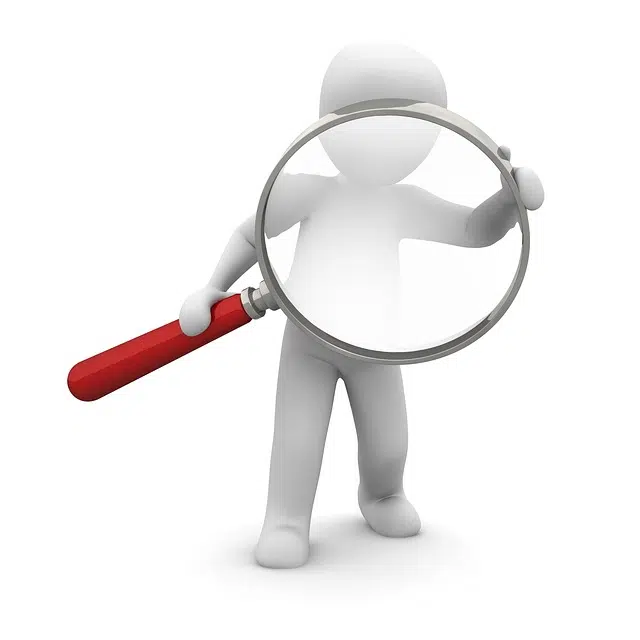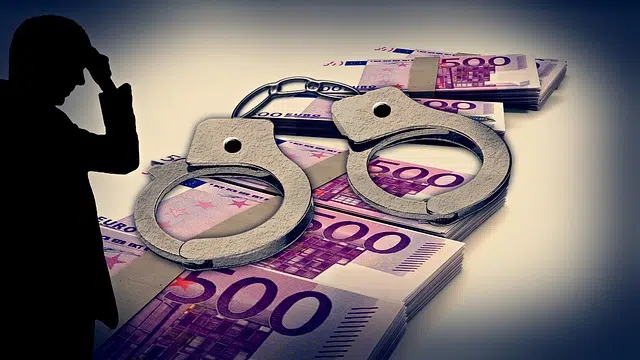
Inspection involves the analysis of an activity to determine whether or not it complies with the regulations in force.
Supervision is the action and effect of supervising . The verb indicates the control and criticism of someone's actions or works, or the fulfillment of the office of prosecutor (the person who investigates and exposes other people's operations or the subject who represents and exercises public ministry in court).
Inspection consists of examining an activity to check whether it complies with current regulations . In the private sector , inspection can be decreed by the State (to check whether a company complies with the law ) or internally by the companies themselves (to control balance sheets, the stock and destination of merchandise, etc.).
For example: in the face of a complaint against a company that supposedly does not provide invoices for its sales, a state agency decides to begin auditing the firm to verify that tax payments are being complied with. If the analysis of its activity detects that the company, in fact, failed to deliver invoices, the State can act with some type of penalty. On the other hand, if the audit shows that the company does comply with the law, the complaint is dismissed.
Mass inspection
To corroborate that each taxpayer pays the amount of their taxes correctly and in full, the inspection must be organized into a series of well-defined tasks, which are divided into groups. On the one hand, there are massive processes , those plans aimed at analyzing the activities of a large number of people, for which computer networks and a structure that is based on effectiveness and efficiency are used.
These plans are conducted nationwide and therefore study hundreds of thousands of cases monthly, looking for inconsistencies in taxpayers' tax returns and payments. It is worth mentioning that today there is still a moderate percentage of people who submit their returns on paper, which slows down the process.
Carrying out control over such a volume of activities differs substantially from the supervision of a particular case; Its greatest complexity does not lie in the quantity, but from this arises the need to make the processes more complex in order to complete them in less time. Therefore, instead of verifying documents one by one, as would be possible when auditing a store, advanced functions are used that help detect inconsistent data.

The development of inspection can allow the detection of cases of tax evasion.
Selective processes
On the other hand, there are selective processes , that is, plans that focus on well-defined activities or groups of taxpayers, generally for having failed to comply with their tax obligation in a very obvious way. It is a more flexible structure, since it varies according to the objective sought in each case.
As expected, not so many follow-ups of this type can be carried out per year, given that they entail the physical movement of personnel and their full attention to each particular operation.
Supervision to prosecute tax fraud
When illegal activities that generate income based on tax evasion are detected through inspection, tax fraud is pursued , a plan that aims to reduce the financial and economic capacity of evaders to ensure that they cease their operations, which harm their country economically and socially.
In the public sector , oversight involves controlling the activities of the State to confirm that they comply with the principles of legality and efficiency. Contracts established by the public administration and the use of state assets are among the factors that are usually subject to inspection.
The supervisory function should not be left in the hands of the government , since control has to be carried out over the activities carried out by it.
